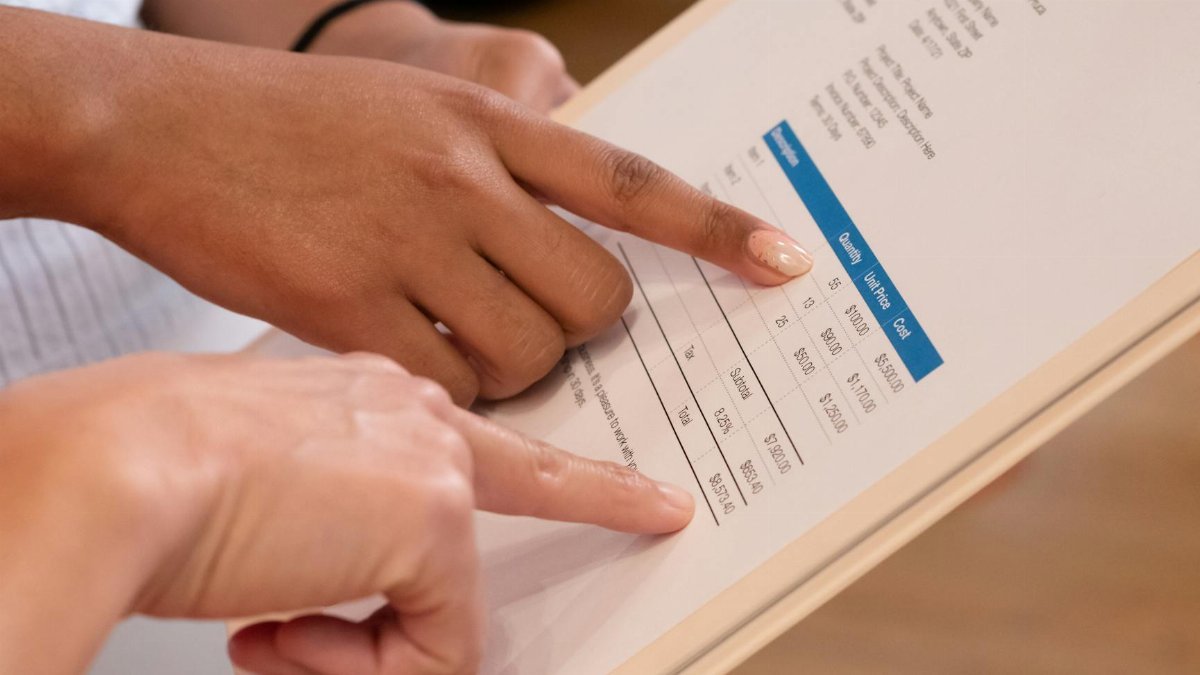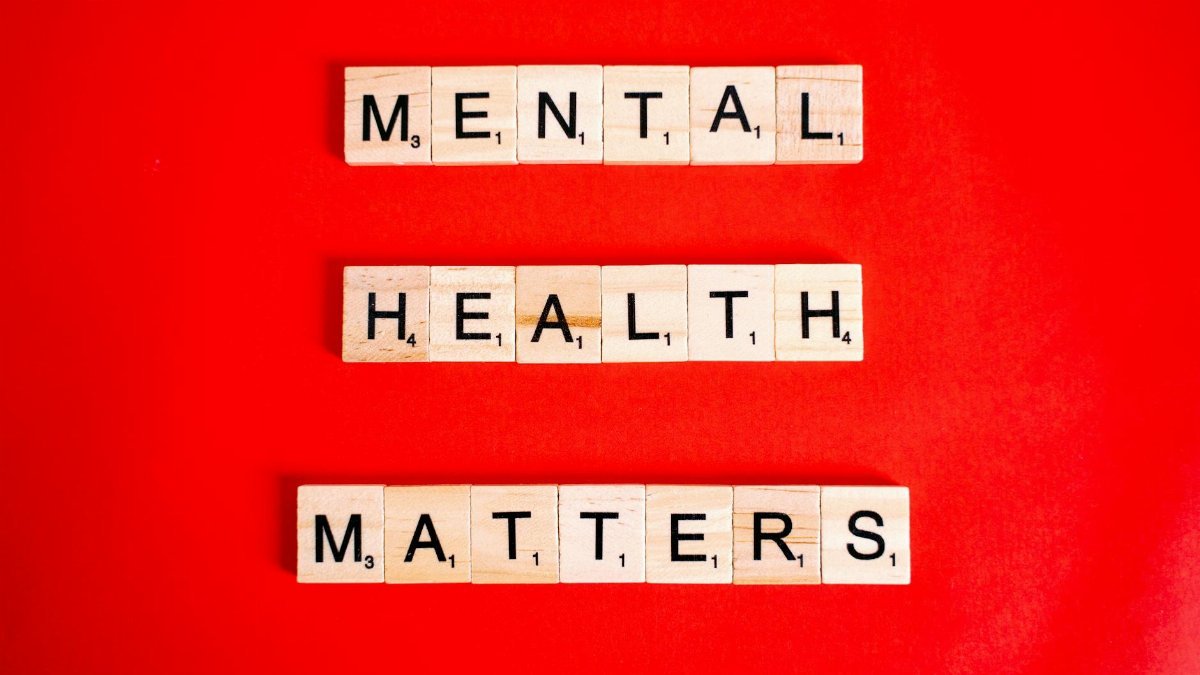Colorado I Matter is causing a major shift in youth mental health access this year. With the signing of House Bill 25-1172 on April 8, 2025, Governor Jared Polis has tripled the number of free tele-therapy sessions available to children through the state’s widely praised “I Matter” program. Alongside this expansion, new funding targets rural connectivity to ensure no child is left behind. This move signals Colorado’s aggressive push to address rising mental health challenges among its youngest residents, backed by significant investment and rigorous evaluation.
Expansion of Free Therapy Sessions

The core of House Bill 25-1172 is a dramatic increase in access to mental health support for Colorado’s youth. Previously, the “I Matter” program provided six free tele-therapy sessions per child annually. Now, with the new law in effect as of April 2025, that number has jumped to 18 sessions per year. This tripling of resources aims to meet the growing demand for mental health services, particularly as anxiety and depression rates continue to climb among adolescents nationwide. The state hopes this expansion will allow more young people to receive consistent, ongoing care without financial barriers.
$15 Million Injection into I Matter

To fund this ambitious expansion, the state has allocated $15 million directly to the Colorado I Matter program. This substantial investment underscores the priority placed on youth mental health in 2025, reflecting a broader recognition of the long-term benefits of early intervention. The funding will cover the increased session allotments, ensuring that providers are compensated and the program remains sustainable. State officials anticipate that this financial boost will help thousands of additional families access critical support during a time of heightened need.
Bridging the Digital Divide in Rural Areas

Access to tele-therapy hinges on reliable internet, a challenge in Colorado’s mountainous and remote regions. Recognizing this, the new legislation includes $4 million in broadband vouchers to deliver hotspots to mountain counties by August 2025. This initiative targets the digital divide that often leaves rural families disconnected from virtual services. By prioritizing connectivity, the state aims to ensure that the benefits of the I Matter program reach every corner of Colorado, regardless of geography.
Monitoring Mental Health Outcomes

To measure the impact of these changes, evaluators from CU Anschutz will track mental health outcomes for 10,000 participants in the I Matter program. Using standardized tools like the GAD-7 for anxiety and PHQ-9 for depression, researchers will assess shifts in participants’ well-being over time. This data collection effort is designed to provide concrete evidence of the program’s effectiveness, with interim results expected to be released in December 2026. The findings could shape future mental health policies in Colorado and beyond.
Cost-Savings Analysis on the Horizon

Beyond individual outcomes, the state is also focused on the broader fiscal impact of the I Matter expansion. The Office of Behavioral Health has been tasked with preparing a detailed cost-savings report for the Joint Budget Committee, due by February 1, 2027. This analysis will examine whether the upfront investment in youth therapy and connectivity yields long-term savings, such as reduced emergency interventions or hospitalizations. The report’s findings could influence how Colorado and other states allocate resources for mental health in the future.
National Context and Implications

Colorado’s bolstered I Matter program arrives at a critical moment for youth mental health across the U.S. According to data from the Centers for Disease Control and Prevention, rates of anxiety and depression among adolescents have surged in recent years, exacerbated by social isolation and academic pressures. Colorado’s proactive approach could serve as a model for other states grappling with similar challenges, demonstrating the value of accessible, state-funded tele-therapy.
Why This Matters Now

The timing of this expansion aligns with growing public awareness of mental health as a public health priority. With national surveys like those from Pew Research Center highlighting the struggles of young people in 2025, Colorado’s investment in the I Matter program sends a clear message: mental health care is not a luxury, but a necessity. By removing financial and logistical barriers, the state is working to ensure that no child faces their struggles alone.
As Colorado rolls out these changes, the nation watches. The combination of expanded therapy access, rural connectivity solutions, and data-driven evaluation could redefine how states tackle youth mental health crises. For now, thousands of Colorado families stand to benefit from a program that prioritizes healing and hope.
